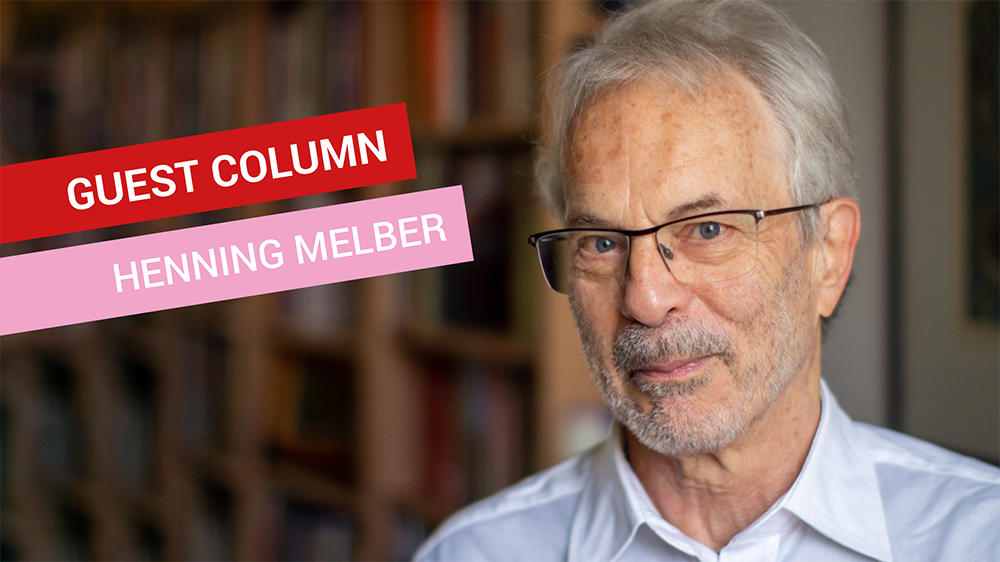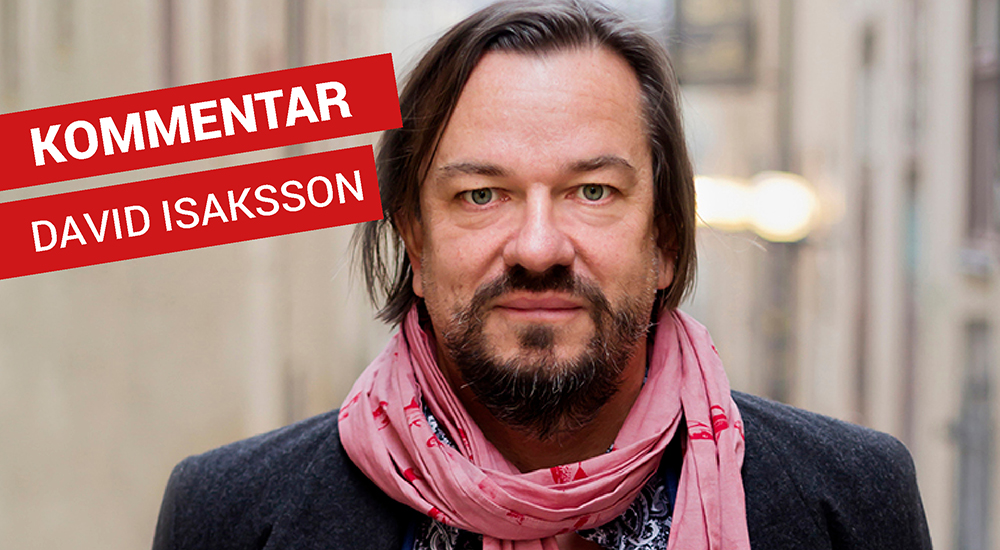COLUMN. Without any evidence of guilt, suspected SWAPO members were executed by their party colleagues, and warnings of terror were dismissed by the international solidarity movement as anti-SWAPO propaganda. Today, the perpetrators are celebrated as heroes, once again adding insult to injury to the surviving victims, writes author and researcher Henning Melber.
This is a column. The opinions expressed are those by the author.
“War shapes its people”, observed the East German writer Christa Wolf in her novel Cassandra. The toxic lethal ingredient of armed conflicts was the willingness to kill. Under the banner of liberté, égalité, fraternitéFrench revolutionaries institutionalised mass executions by the guillotine. Freedom, liberty and fraternity were not for all. Albert Camus, who risked his life in the French resistance, took a determined stand against the execution of collaborators with the Nazi regime. His political judgements were also moral ones. He maintained: ”In such a world of conflict, a world of victims and executioners, it is the job of thinking people, not to be on the side of the executioners.”
Southern African societies are among the recent examples mirroring the legacy of armed struggle against oppression. Former liberation movements in government display their authoritarian nature. Cultivating a heroic narrative, they gloss over their less heroic track record.
The willingness to physically destroy human beings, motivated by a military mindset of we versus they, culminated in the Gukurahundji in Zimbabwe’s Matabeleland during the mid-1980s. Supported by a North Korean elite unit, ZANU forces massacred tens of thousands of people suspected to be in support of ZAPU. This horrendous chapter remains a festering wound. President Emmerson Mnangagwa was then in charge of the atrocities. He is not by accident dubbed “the crocodile”.
At least the Truth and Reconciliation Commission in South Africa, chaired by Desmond Tutu, brought to the fore not only the crimes by the Apartheid regime. It also engaged with the human rights violations by the ANC in exile. President Thabo Mbeki prevented publishing the full report of the findings. But Nelson Mandela publicly apologised. That he was a prisoner on Robben Island when the crimes were committed, and therefore not directly implicated or personally responsible, might have made it easier for Madiba.
Silence is not golden
Namibia shows that silence is not golden. August 26 is celebrated since Independence as Heroes’ Day. The date marks the first military encounter between the South African army and members of the liberation movement South West Africa People’s Organisation (SWAPO) in 1966. As dominant political party, SWAPO is in government since Independence. Its heroic liberation narrative of a patriotic history is inscribed in the North Korean built Heroes Acre. But the selectivity of a struggle idolisation has flaws.
Hundreds were victimised for criticising the leadership in the 1970s. The repression culminated in the 1980s in horrendous crimes, mainly committed at Lubango. In this camp in Southern Angola, over thousand SWAPO members ended in underground dungeons. Their fate was most likely triggered by a massacre of the South African army, which In 1978 attacked a SWAPO camp at Cassinga, killing hundreds of women and children.
Suspect where tortured
SWAPO officials in charge of the military wing blamed spies for the disaster and other military setbacks. They tortured suspects to extract confessions and to implicate others. With no proof of guilt, they were often executed, simply disappeared or died of neglect. Victims were in the main rank and file SWAPO members. That South African spies had most likely penetrated the higher echelons of the movement was discretely ignored. Maybe some of these were even complicit in the atrocities?
Alerts to the terror unfolding were dismissed by the international solidarity movement as anti-SWAPO propaganda. But with the United Nations supervised transition to Independence, close to 200 surviving captives were in mid-1989 repatriated as visible evidence. Dubbed as ex-detainees, they remained stigmatised and were never rehabilitated. Their demands, asking for an admission of guilt and apology, were in vain. Some have published gruesome details of their ordeal.
With the passing on of the first generation of struggle stalwarts, the number of posthumously celebrated heroes increased. Many of the veterans were put to rest in full honour. When Solomon Hawala passed away aged 89 on 11 August, the party and state president Netumbo Nandi-Ndaitwah declared:
“His legacy will forever be etched in the annals of our history, serving as a constant reminder of the sacrifices made for our freedom. As we memorialise the life of this iconic figure of the Namibian revolution, we celebrate a life spent in pursuit of freedom, peace, unity, and prosperity for all Namibian people and beyond.”
She awarded him posthumously the status of a national hero and a state funeral. She recognised Hawala for his “distinguished military service, steadfast leadership and unwavering dedication to the cause of Namibia’s liberation and nation-building. His legacy remains a symbol of courage, patriotism, and commitment to the ideals of freedom and independence.”
This caused a controversy over the role he played: as the ‘Butcher of Lubango’ he personified a brutal and ruthless system. In his defence, a former high-ranking SWAPO official pointed out that as deputy commander of SWAPO’s military wing he was merely acting on instructions. People, he argued, “were killed with the knowledge of senior Swapo leaders, those who were in the politburo and military council”, some of them already buried at Heroes’ Acre. To this a former police commissioner added, Hawala “did not decide on his own to kill people, he was implementing Swapo’s decisions”.
Meanwhile the official slogan of SWAPO since the struggle days remains “Solidarity, Freedom, Justice”. Unapologetically praising the perpetrators as heroes adds insult to injury to their surviving victims. In her Heroes Day speech on 26 August, the Head of State declared: “Our story must be told from generation to generation. It is a tale of courage, sacrifice and resilience.” Such denialism and amnesia lays like a lead cloak over truth and reconciliation.
As the Jewish Austrian poet Erich Fried once reminded us:
Dead people are dead people,
whoever they were.
Who does not ask
how people die
helps killing them.
Henning Melber
Researcher and author, Professor at the University of Pretoria and the University of the Free State in Bloemfontein, South Africa. Active at the Nordic Africa Institute.
A Swedish version of this column was published here.
Read also
|
Uppläsning av artikel
|


